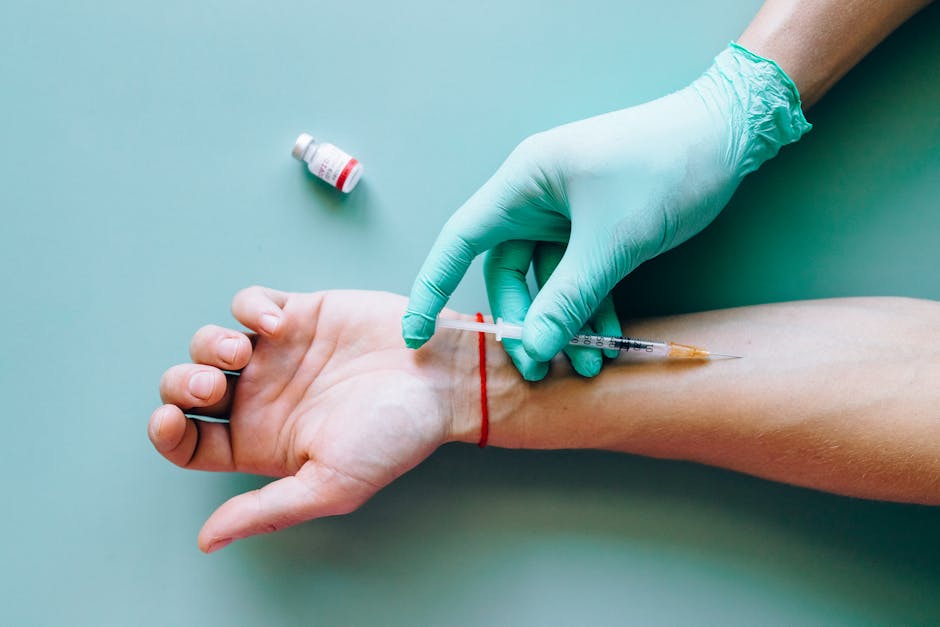MMR Vaccine Update: Efficacy, Risk Assessment, and ACIP’s Impact
MMR Vaccine Update: Efficacy, Risk Assessment, and ACIP’s Impact

Two doses of the MMR vaccine provide 97% lifetime protection against measles. For most healthy adults with a complete two-dose vaccination history, additional doses are unnecessary.
Exceptions include young adults in high-risk settings (e.g., college campuses, healthcare) lacking immunity evidence. They should receive two doses, 28 days apart. Other adults without immunity evidence (defined as documented vaccination, lab-confirmed disease, lab evidence of immunity, or birth before 1957) should consult their physician regarding vaccination.
Individuals vaccinated with the less effective, inactivated measles vaccine between 1963 and 1967 may benefit from an additional dose. Pregnant women, immunocompromised individuals, and those with severe allergies to vaccine components should not receive the MMR vaccine.
Common, mild side effects include fever and rash (in <5% of adults), lymphadenopathy (~20%), and arthralgias (~25%).
Recent changes to the Advisory Committee on Immunization Practices (ACIP) raise concerns about the future of vaccination recommendations and public health policy. The long-term impact on vaccine guidelines remains uncertain.
Disclaimer: This content is aggregated from public sources online. Please verify information independently. If you believe your rights have been infringed, contact us for removal.